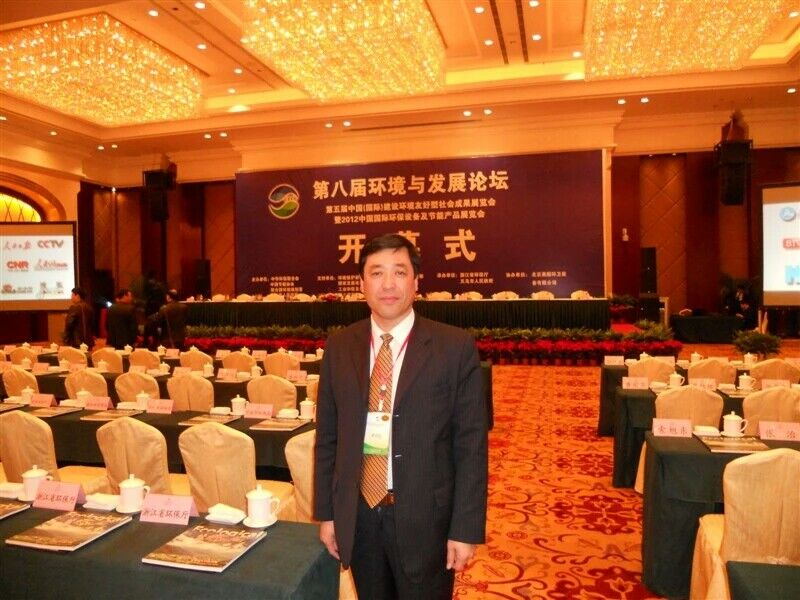Text
正文
The General Conference of the International Labour Organisation,
Having been convened at Geneva by the Governing Body of the International Labour Office, and having met in its Seventh Session on 19 May 1925, and
Having decided upon the adoption of certain proposals with regard to the equality of treatment for national and foreign workers as regards workmen's compensation for accidents, the second item in the agenda of the Session, and
Having determined that these proposals shall take the form of an international Convention,
adopts this fifth day of June of the year one thousand nine hundred and twenty-five the following Convention, which may be cited as the Equality of Treatment (Accident Compensation) Convention, 1925, for ratification by the Members of the International Labour Organisation in accordance with the provisions of the Constitution of the International Labour Organisation:
Having been convened at Geneva by the Governing Body of the International Labour Office, and having met in its Seventh Session on 19 May 1925, and
Having decided upon the adoption of certain proposals with regard to the equality of treatment for national and foreign workers as regards workmen's compensation for accidents, the second item in the agenda of the Session, and
Having determined that these proposals shall take the form of an international Convention,
adopts this fifth day of June of the year one thousand nine hundred and twenty-five the following Convention, which may be cited as the Equality of Treatment (Accident Compensation) Convention, 1925, for ratification by the Members of the International Labour Organisation in accordance with the provisions of the Constitution of the International Labour Organisation:
Article 1
1. Each Member of the International Labour Organisation which ratifies this Convention undertakes to grant to the nationals of any other Member which shall have ratified the Convention, who suffer personal injury due to industrial accidents happening in its territory, or to their dependants, the same treatment in respect of workmen's compensation as it grants to its own nationals.
2. This equality of treatment shall be guaranteed to foreign workers and their dependants without any condition as to residence. With regard to the payments which a Member or its nationals would have to make outside that Member's territory in the application of this principle, the measures to be adopted shall be regulated, if necessary, by special arrangements between the Members concerned.
1. Each Member of the International Labour Organisation which ratifies this Convention undertakes to grant to the nationals of any other Member which shall have ratified the Convention, who suffer personal injury due to industrial accidents happening in its territory, or to their dependants, the same treatment in respect of workmen's compensation as it grants to its own nationals.
2. This equality of treatment shall be guaranteed to foreign workers and their dependants without any condition as to residence. With regard to the payments which a Member or its nationals would have to make outside that Member's territory in the application of this principle, the measures to be adopted shall be regulated, if necessary, by special arrangements between the Members concerned.
Article 2
Special agreements may be made between the Members concerned to provide that compensation for industrial accidents happening to workers whilst temporarily or intermittently employed in the territory of one Member on behalf of an undertaking situated in the territory of another Member shall be governed by the laws and regulations of the latter Member.
Special agreements may be made between the Members concerned to provide that compensation for industrial accidents happening to workers whilst temporarily or intermittently employed in the territory of one Member on behalf of an undertaking situated in the territory of another Member shall be governed by the laws and regulations of the latter Member.
Article 4
The Members which ratify this Convention further undertake to afford each other mutual assistance with a view to facilitating the application of the Convention and the execution of their respective laws and regulations on workmen's compensation and to inform the International Labour Office, which shall inform the other Members concerned, of any modifications in the laws and regulations in force on workmen's compensation.
The Members which ratify this Convention further undertake to afford each other mutual assistance with a view to facilitating the application of the Convention and the execution of their respective laws and regulations on workmen's compensation and to inform the International Labour Office, which shall inform the other Members concerned, of any modifications in the laws and regulations in force on workmen's compensation.
Article 6
1. This Convention shall come into force at the date on which the ratifications of two Members of the International Labour Organisation have been registered by the Director-General.
2. It shall be binding only upon those Members whose ratifications have been registered with the International Labour Office.
3. Thereafter, the Convention shall come into force for any Member at the date on which its ratification has been registered with the International Labour Office.
1. This Convention shall come into force at the date on which the ratifications of two Members of the International Labour Organisation have been registered by the Director-General.
2. It shall be binding only upon those Members whose ratifications have been registered with the International Labour Office.
3. Thereafter, the Convention shall come into force for any Member at the date on which its ratification has been registered with the International Labour Office.
Article 7
As soon as the ratifications of two Members of the International Labour Organisation have been registered with the International Labour Office, the Director-General of the International Labour Office shall so notify all the Members of the International Labour Organisation. He shall likewise notify them of the registration of the ratifications which may be communicated subsequently by other Members of the Organisation.
As soon as the ratifications of two Members of the International Labour Organisation have been registered with the International Labour Office, the Director-General of the International Labour Office shall so notify all the Members of the International Labour Organisation. He shall likewise notify them of the registration of the ratifications which may be communicated subsequently by other Members of the Organisation.
Article 10
A Member which has ratified this Convention may denounce it after the expiration of ten years from the date on which the Convention first comes into force, by an act communicated to the Director-General of the International Labour Office for registration. Such denunciation shall not take effect until one year after the date on which it is registered with the International Labour Office.
A Member which has ratified this Convention may denounce it after the expiration of ten years from the date on which the Convention first comes into force, by an act communicated to the Director-General of the International Labour Office for registration. Such denunciation shall not take effect until one year after the date on which it is registered with the International Labour Office.
Article 11
At such times as it may consider necessary the Governing Body of the International Labour Office shall present to the General Conference a report on the working of this Convention and shall examine the desirability of placing on the agenda of the Conference the question of its revision in whole or in part.
At such times as it may consider necessary the Governing Body of the International Labour Office shall present to the General Conference a report on the working of this Convention and shall examine the desirability of placing on the agenda of the Conference the question of its revision in whole or in part.










